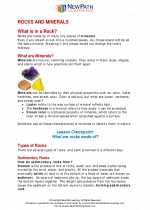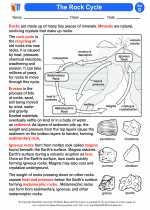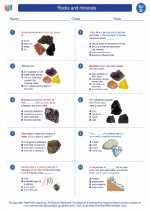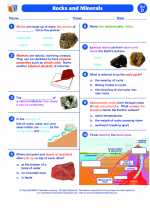Fluid Lubricants
Fluid lubricants are substances used to reduce friction and wear between moving surfaces. They come in various forms such as oils, greases, and other specialized lubricants. These fluids play a crucial role in maintaining the efficiency and lifespan of machinery and equipment in various industries.
Types of Fluid Lubricants
- Mineral Oils: Derived from crude oil, mineral oils are commonly used as lubricants due to their good thermal stability and lubricating properties.
- Synthetic Oils: These lubricants are artificially produced and offer advantages such as high viscosity index, thermal stability, and resistance to oxidation.
- Biodegradable Oils: Designed to be environmentally friendly, these lubricants are used in applications where oil spills could have a significant impact on the environment.
- Greases: Consist of a base oil thickened with a soap, and are used in applications where a thicker lubricant is required to stay in place and provide long-lasting lubrication.
- Specialized Lubricants: These include fluids designed for specific applications such as high-temperature environments, extreme pressures, or food-grade lubrication.
Functions of Fluid Lubricants
Fluid lubricants serve several important functions in machinery and equipment:
- Reduction of Friction: Lubricants form a film between moving surfaces, reducing friction and minimizing wear and tear.
- Heat Dissipation: They help dissipate heat generated by friction, preventing overheating and damage to components.
- Corrosion Protection: Lubricants can protect metal surfaces from corrosion and rust by forming a protective barrier.
- Contaminant Removal: They can help remove contaminants and debris from the surfaces they lubricate, preventing damage and maintaining cleanliness.
Study Guide
Here are some key points to remember when studying fluid lubricants:
- Understand the different types of fluid lubricants and their properties, advantages, and applications.
- Learn about the functions of fluid lubricants in machinery and equipment, and how they contribute to efficient operation and maintenance.
- Explore the importance of proper lubrication practices, including selection, application, and maintenance of fluid lubricants.
- Consider the environmental impact of lubricants and the growing trend towards biodegradable and sustainable options.
- Study real-world examples of the use of fluid lubricants in various industries and their impact on performance and reliability.
Understanding fluid lubricants and their role in machinery and equipment is essential for anyone involved in mechanical engineering, maintenance, or industrial operations. By mastering this topic, you'll be equipped to make informed decisions about lubricant selection and application, ultimately contributing to the efficiency and longevity of mechanical systems.
.◂Science Worksheets and Study Guides Fourth Grade. Rocks and minerals

 Activity Lesson
Activity Lesson
 Worksheet/Answer key
Worksheet/Answer key
 Worksheet/Answer key
Worksheet/Answer key
 Worksheet/Answer key
Worksheet/Answer key
 Worksheet/Answer key
Worksheet/Answer key
 Vocabulary/Answer key
Vocabulary/Answer key
 Vocabulary/Answer key
Vocabulary/Answer key
 Vocabulary/Answer key
Vocabulary/Answer key
 Vocabulary/Answer key
Vocabulary/Answer key
